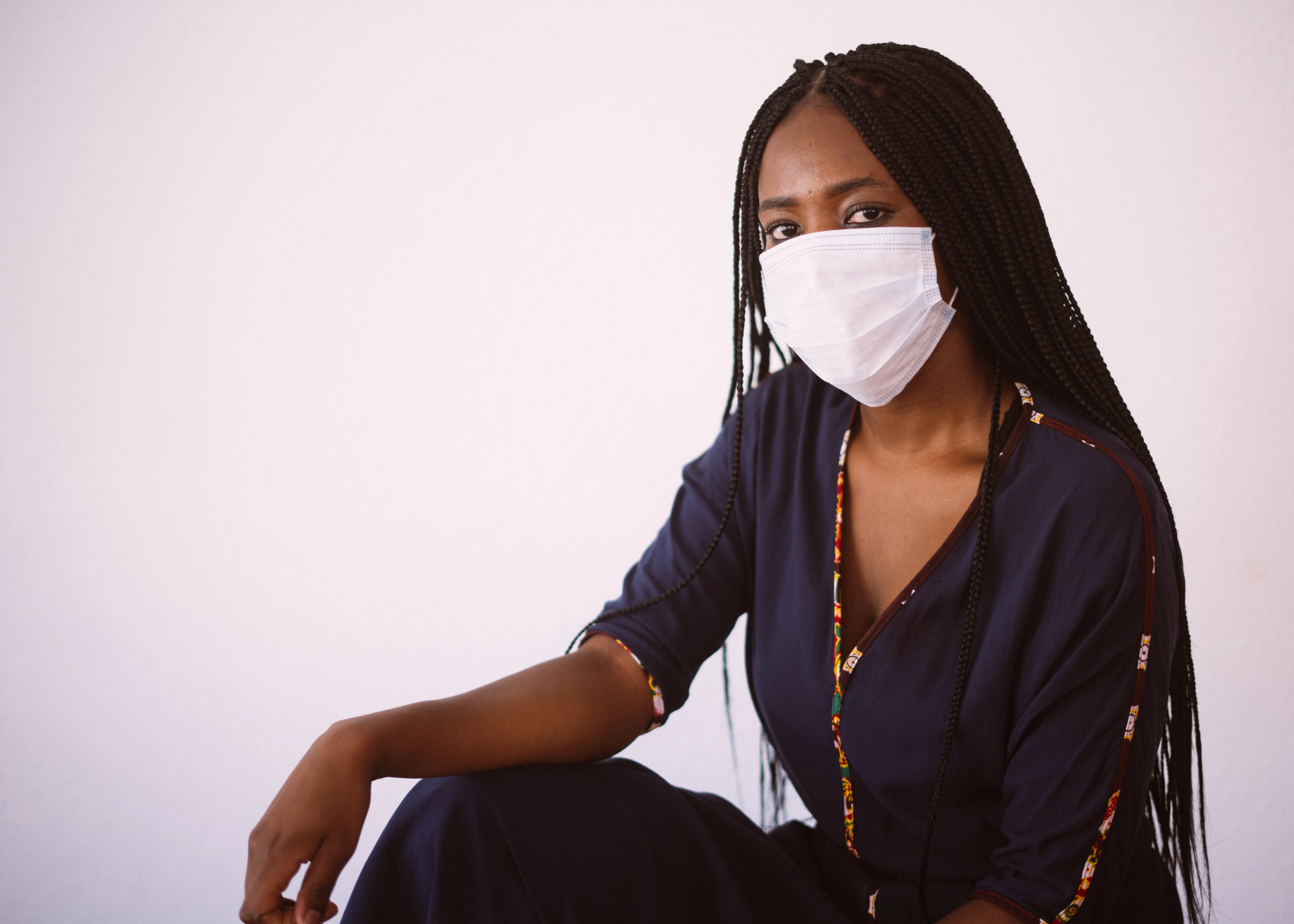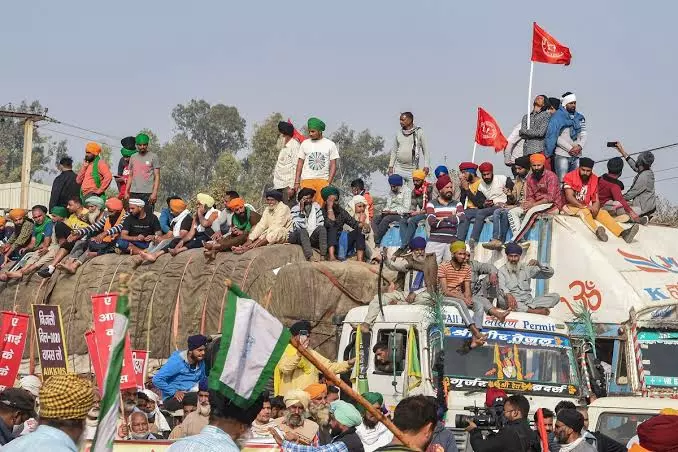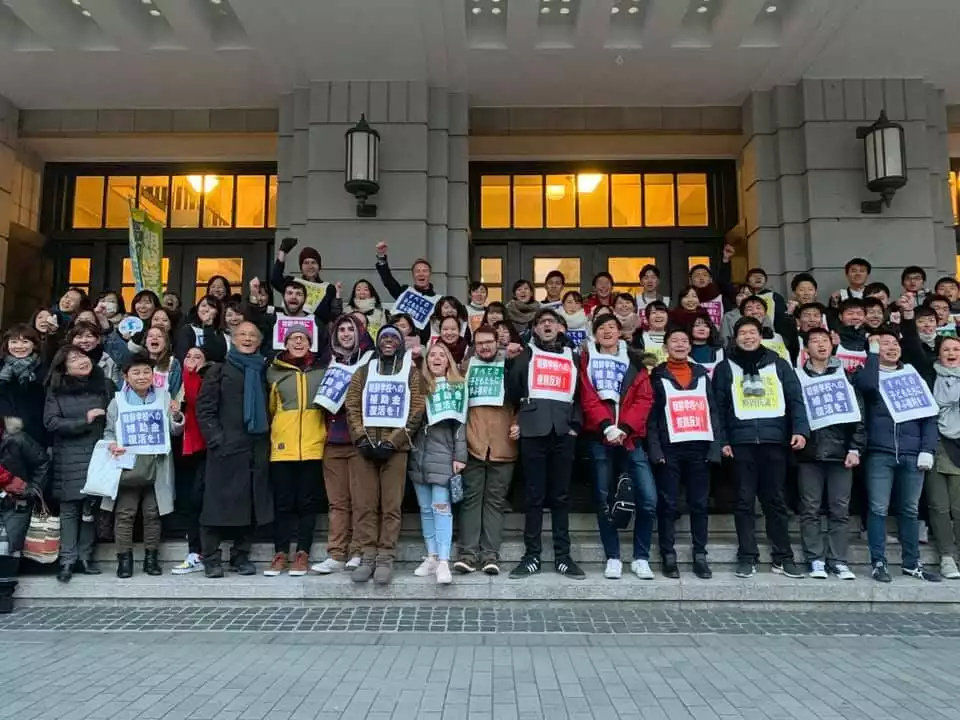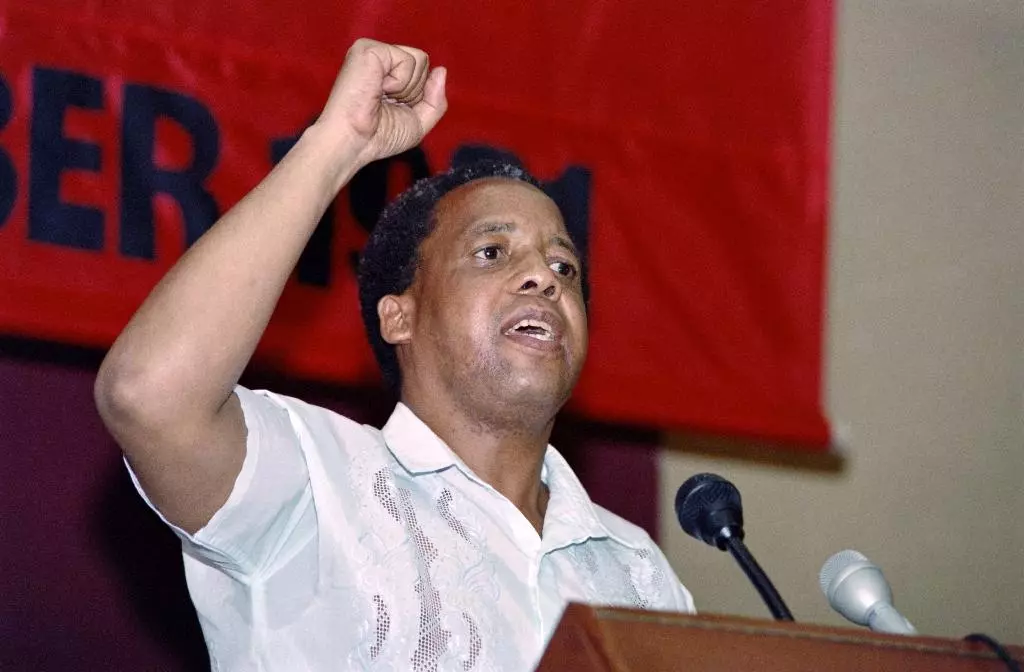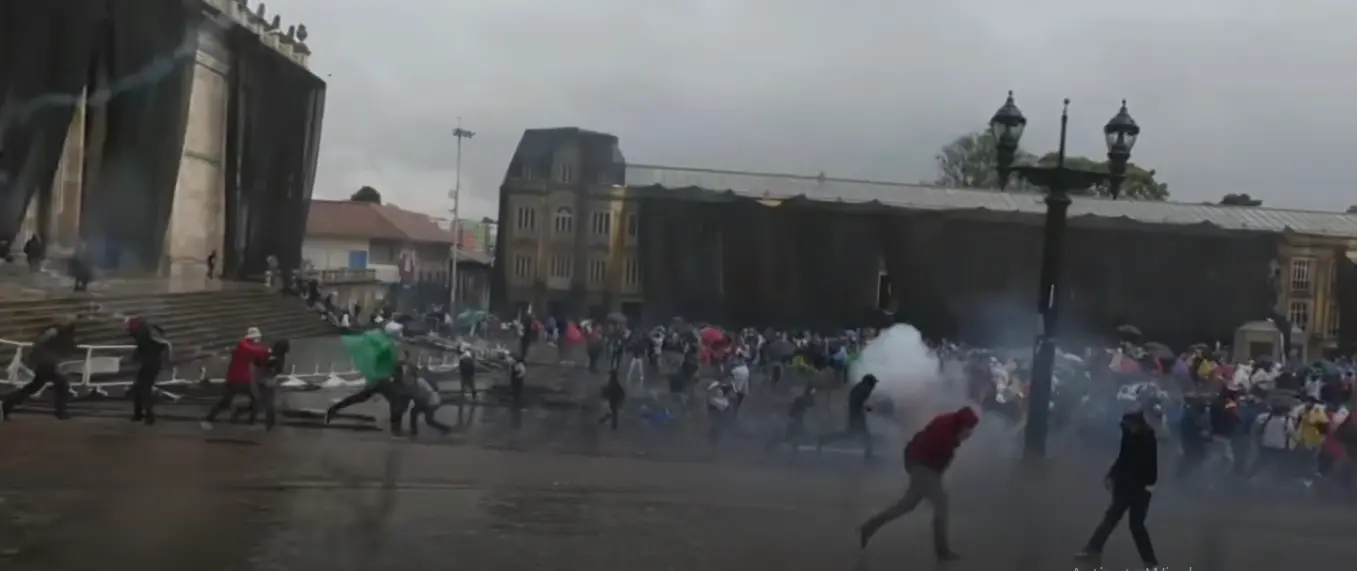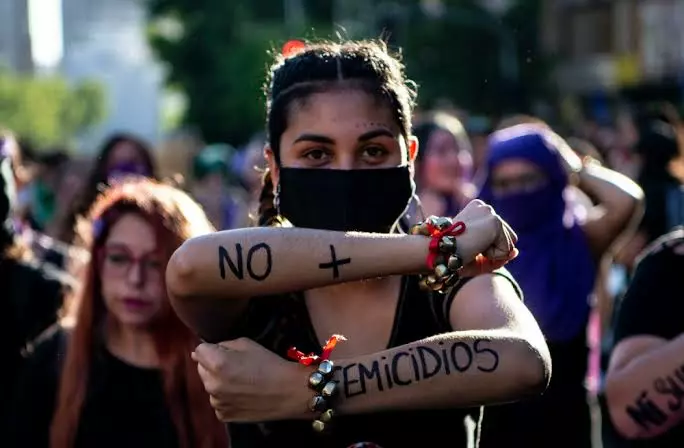Quite recently, Nigeria came under the grips of what could be termed, the Post Pandemic Stress Syndrome (PPSS). Months of seclusion, hunger and uncertainty had drastically lowered the threshold of tolerance of the people. It took the alleged killing of an unnamed youth by the now disbanded SARS (the Special Anti-Robbery Squad) to ignite web and offline outcries that morphed into mammoth and decentralized protests, which rocked the Nigerian polity for weeks.
The special Anti-robbery squad (SARS) a robbery combating arm of the Nigeria Police Force (NPF) formed in 1992 had come under scathing public searchlights for sundry infractions of citizen’s rights. A security outfit meant to combat the menace of armed robbery constituted more threat to citizen’s life than the menace itself. SARS was fingered for criminality and a broad spectrum of unprintable intemperance – invasion of privacy, extrajudicial killings, official high-handedness, rape and torture, to mention but a few. It was against this backdrop, that Nigerians woke up to public protests following one too many killing by the dreaded outfit.
ENDSARS turned out to be the euphemism for an end to bad governance in all ramifications. The swift response of the Inspector General of Police, in the disbandment of the Special Anti-Robbery Squad, and supplanting with the Special Weapons Tactical Team (SWAT) did little to assuage the enraged youths. It only fanned embers of protests to full-fledged fire. In just a few days, the protests had gained traction in the major cities of Lagos, Port Harcourt, Jos and Benin supported by many Nigerian celebrities who poured out to the streets in solidarity.
What appeared to be the climax of the struggle was the scenario at Lekki tollgate, Lagos. There have been conflicting accounts on the actual sequence, involvements and casualties. But a consistent thread runs through the various accounts. Protesters blocked the Lekki tollgate, for more reasons than just the ENDSARS issue. The peaceful crowd was set upon by men in military fatigues, ostensibly the Nigerian armed forces. Casualty figures were subject of controversy. But this blunt response from the levers of power infuriated the youths and ignited further protests.
The protests which were largely peaceful were soon hijacked by hoodlums. This infestation was insinuated to be at the behest of politicians to cause mayhem and derail the protests. Arson, vandalism and burglary were reported in many cities. In Lagos, The BRT (Bus Rapid Transit) were burnt by angry protesters at the Oyingbo and Berger yard terminals. Private and government properties were destroyed at various parts of the state.
Outside Lagos state, the story was the same. There were reports of torching of police stations, invasion and burglary of properties belonging to prominent politicians as the citizens vent their anger at an unjust and purposeless government. The house in Calabar of the former Senate leader, Mr. Victor Ndoma Egba, was set aflame and systematically looted. The house of the Kaduna State Hon. Commissioner for Budget and Planning was invaded and pillaged by angry youths. There were many other instances.
Perhaps the most curious twist to the whole saga was the discovery that some palliatives meant for the covid-19 peak had been secreted by politicians and warehoused in various places in Lagos, Gwagwalada in Abuja and many other areas. In some instances, the food items were already in various stages of spoilage. This callous secretion highlighted the notion of an insensitive government insulated from the people. Of course, these warehouses were routinely broken into and looted by the rampaging youths with security personnel unable to deter perpetration.
At this instance, it is necessary to appraise the developments. Outcry on the excesses of the SARS, before now, had been treated with levity by the Police top brass and the government of Nigeria. It was a case of government insulated from the people.
Beyond subliminal grumbles, the heavy disgruntlement among youths exposed by the protests had hitherto remained asymptomatic. There was nothing much beyond the banal complaint of privation. What played out was a stunning spontaneous vent to eon years of pent up emotions.
The impulsive outburst of protests was stunning in a country used to youth docility and apathy in government. The grievances went beyond the excesses of the now disbanded SARS. It was a sum accretion of gross misgovernance over the years with steadily widening income-disparities and rich-poor gap. Government positions had become a recycle and purge process with no room for the teeming youth population to attain their dreams. The present crop of politicians most of whom had been in power for several decades had refused to retire from politics and create the opportunity for fresh ideas in the system. These political deadweights and spent forces had instead chosen to perpetuate themselves in power, legislate away the future of the youths and retire with staggering pensions with their lackeys succeeding.
Why were warehouses built to hide palliatives most of which perished in the process, while many Nigerians starved? Were these kept in anticipation of a second wave of the CoVID-19 virus? Very unlikely in a country where proactive measures were alien. It was clear that some politicians under the Mohammadu Buhari Government were sabotaging the paucity of efforts at ameliorating the plights of the citizens.
Who voted the unpopular politicians into power? Nigerians, of course. Voted or rigged in, protests are most effective at the polls. One cannot rig where the one was unpopular. Nigerian youths should brace up for the challenges ahead in the next election rounds in 2023. For the Mohammad Buhari government, it is time to embrace sweeping reforms as the country cannot be sustainably run without commensurate restructurings in the polity. The huge salaries and emoluments of government officials and the National Assembly should be promptly revisited as well as implementation of the Country’s 2014 confab recommendations. The nation is angry and short-fused. Only comprehensive, immediate and purposeful reforms can rein in on the system and restore civil order. Nigeria should not descend into bloodbath.
